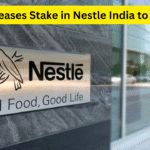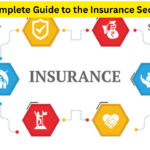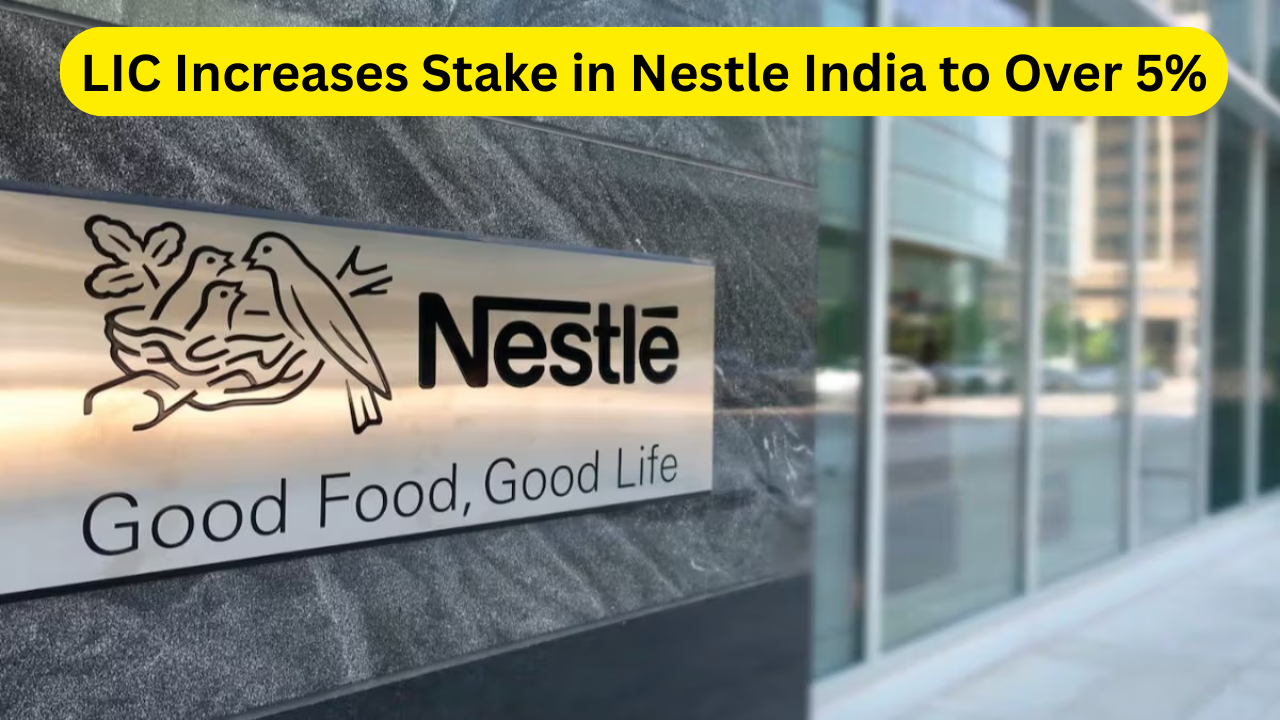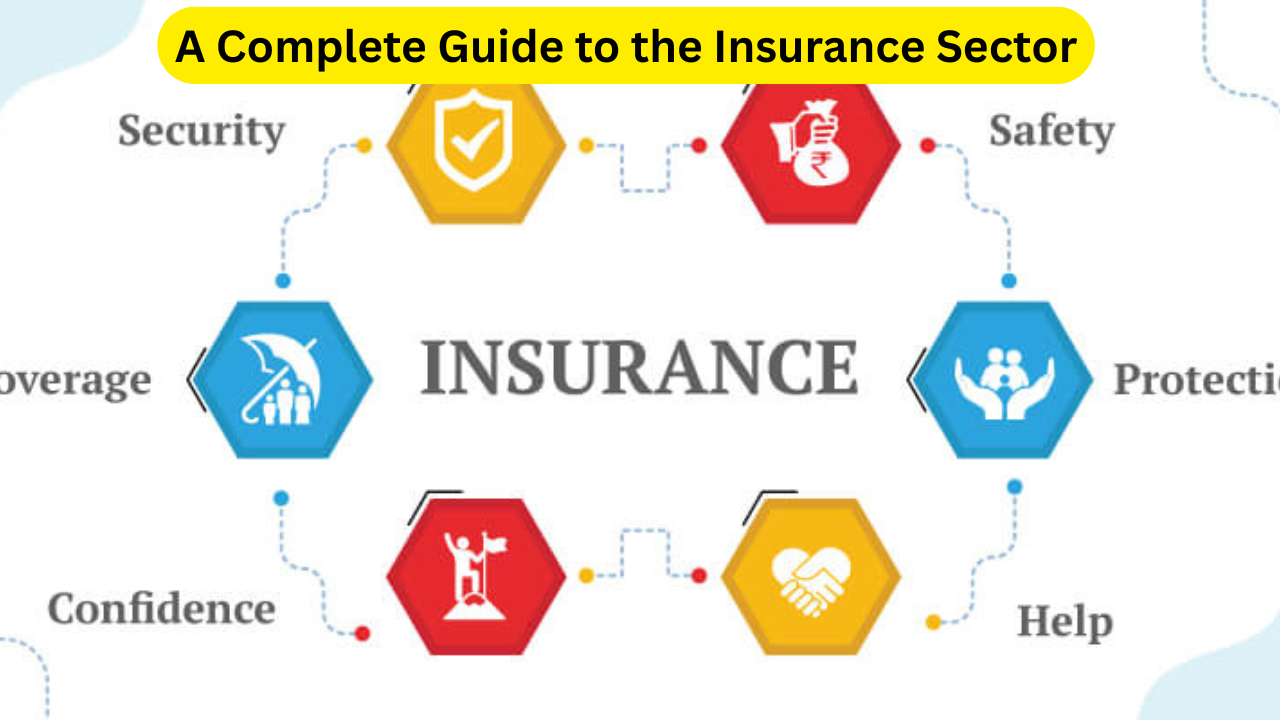Full Disclosures Key to Hassle-Free Health Insurance Claims: In a landmark judgment that could reshape the landscape of health insurance claims in India, the Supreme Court has emphasized the necessity of full and honest disclosure while purchasing an insurance policy. The verdict came in response to an appeal filed by Life Insurance Corporation (LIC) of India, challenging the National Consumer Disputes Resolution Commission’s (NCDRC) order. LIC had denied a claim under its Jeevan Arogya hospitalization cash benefit policy, citing non-disclosure of the insured’s alcohol consumption habit. The apex court ruled in favor of LIC, stating that long-term alcohol use constitutes a “material fact” that directly influences the insurer’s risk assessment. This ruling reaffirms the principle of “utmost good faith” in insurance contracts.
Insurance contracts rely heavily on trust and accurate information. When a policyholder signs a proposal form, they are expected to disclose all relevant health conditions and lifestyle choices that could impact their insurance risk. Alcohol consumption, particularly if habitual, can increase the likelihood of hospitalization and other health issues, thereby affecting underwriting decisions. The Supreme Court ruling sets a precedent, making it clear that hiding such information could lead to claim rejection, even if the non-disclosure is discovered posthumously. This reinforces the significance of transparency for policyholders who wish to avoid complications during claim settlements.
Experts in the insurance domain stress that this decision serves as a wake-up call for prospective buyers. The verdict is not just a reminder for individuals but also an alert to intermediaries and agents who must ensure policyholders understand the importance of full disclosure. Transparency at the time of purchase not only strengthens the legitimacy of a policy but also increases the chances of a smooth and hassle-free claim process. As health insurance becomes more essential in a post-pandemic world, this ruling underscores the foundational values that guide insurance policies and their execution.
Who Can Apply for Health Insurance Policies?
Health insurance is available to:
- Indian citizens and residents
- Individuals aged between 18 and 65 years (for adults)
- Children aged from 91 days to 25 years (as dependents)
- Senior citizens (with special senior plans)
- People with pre-existing conditions (with disclosures and applicable waiting periods)
Both salaried individuals and self-employed professionals can apply. Family floater options are also available for insuring spouses, children, and dependent parents.
Insurance Fees and Premium Structure
The premium amount depends on:
- Age of the policyholder
- Type of policy (individual, family floater, group, senior citizen)
- Sum insured
- Pre-existing health conditions
- Lifestyle factors (smoking, alcohol consumption)
- Add-ons like maternity cover, critical illness, OPD benefits
For example:
| Age Group | Sum Insured | Approx. Annual Premium |
|---|---|---|
| 25-35 | ₹5 lakh | ₹6,000 – ₹8,000 |
| 36-45 | ₹5 lakh | ₹8,500 – ₹11,000 |
| 46-60 | ₹5 lakh | ₹11,500 – ₹14,000 |
How to Use Your Health Insurance Effectively
- Cashless Treatment: Available at network hospitals; use health card and get pre-authorization.
- Reimbursement: For non-network hospitals; submit bills and medical records.
- Daycare Procedures: Many policies cover OPD and daycare surgeries.
- Annual Health Checkups: Often included; use them to monitor your health.
Tip: Always inform the insurer immediately on hospitalization for smoother processing.
Also read: Why Indians Are Quitting Health Insurance in 2025
Benefits of Health Insurance
- Financial protection against hospitalization expenses
- Coverage for surgeries, diagnostics, and post-hospitalization care
- Tax benefits under Section 80D
- Peace of mind during medical emergencies
- Access to better healthcare and cashless networks
How to Apply for Health Insurance
Step-by-step Process:
- Visit official insurer website or aggregator portal
- Compare plans and premiums
- Fill the online proposal form accurately
- Disclose all health and lifestyle-related information
- Upload KYC documents (ID, address, age proof)
- Undergo medical tests (if required)
- Pay premium online
- Get e-policy and policy card

Important Dates (For LIC Jeevan Arogya & Similar Policies)
- Policy purchase: Anytime in the year
- Renewal: Annual or multi-year options
- Claim window: Within 30 days of discharge (for reimbursement)
- Free-look period: 15-30 days from policy receipt
Disclaimer
The information in this article is for general guidance only. Readers are advised to consult with certified insurance advisors or legal professionals before making decisions. Insurance benefits and claim approvals depend on specific policy terms and disclosures. Non-disclosure of material facts, such as alcohol consumption, may lead to claim rejections as per recent legal precedents.
Full Disclosures Key to Hassle-Free Health Insurance Claims Conclusion
The Supreme Court’s ruling in LIC’s favor highlights the foundational principle of “utmost good faith” that governs all insurance contracts. While policyholders expect support during emergencies, they must fulfill their duty of transparency during the application process. Omitting relevant details, whether intentional or not, can lead to denied claims and financial distress for families.
With rising medical costs and uncertain health risks, health insurance has become indispensable. However, buying a policy is only the first step. Using it wisely and adhering to policy guidelines are equally crucial. Disclosing pre-existing conditions, habits like alcohol or tobacco use, and other lifestyle factors is not just advisable but mandatory.
IRDAI Official Website Insurance providers are legally empowered to investigate claims, and any deviation from the facts presented in the proposal form can lead to nullification of the policy. By being honest from the beginning, policyholders not only comply with legal norms but also ensure peace of mind and smooth claim processing.
As consumers become more aware, this verdict should act as a cautionary tale and an educational moment for all involved in the insurance ecosystem. After all, when transparency meets trust, the result is security.
Full Disclosures Key to Hassle-Free Health Insurance Claims FAQs
1. Why was the LIC claim denied in the Supreme Court case?
The claim was denied because the insured did not disclose their long-term alcohol consumption habit while purchasing the policy. The Supreme Court held that such a habit is a “material fact” that affects risk evaluation. Hence, non-disclosure justified the claim rejection.
2. What does “utmost good faith” mean in insurance?
“Utmost good faith” means both parties—the insurer and the insured—must disclose all relevant facts truthfully. For the insured, this includes health history, lifestyle choices, and habits. Any concealment can lead to denial of claims.
3. Can a health insurance claim be rejected after the policyholder’s death?
Yes. If it is discovered posthumously that the policyholder hid key information during application, such as medical history or alcohol usage, the insurer has the legal right to reject the claim.
4. How can I avoid claim rejection?
Disclose all relevant facts in the proposal form truthfully. Read the policy document carefully, understand exclusions, and ensure that your agent submits accurate information on your behalf.
5. Are lifestyle habits like smoking and alcohol really considered during policy approval?
Absolutely. Lifestyle habits directly affect your health risk profile. Insurers use this data to determine premiums and coverage eligibility. Failing to disclose them can result in policy cancellation or claim denial.











